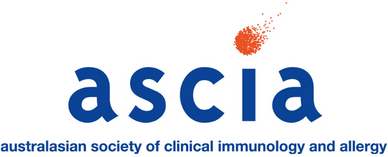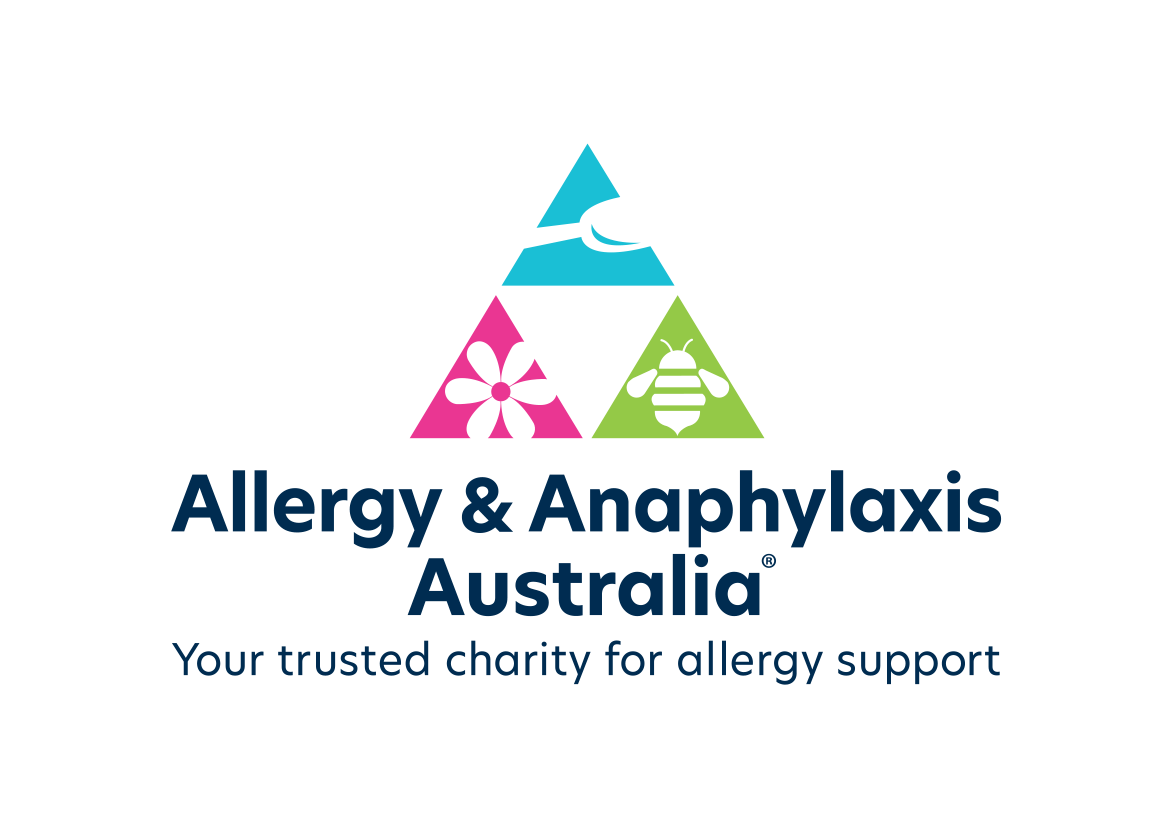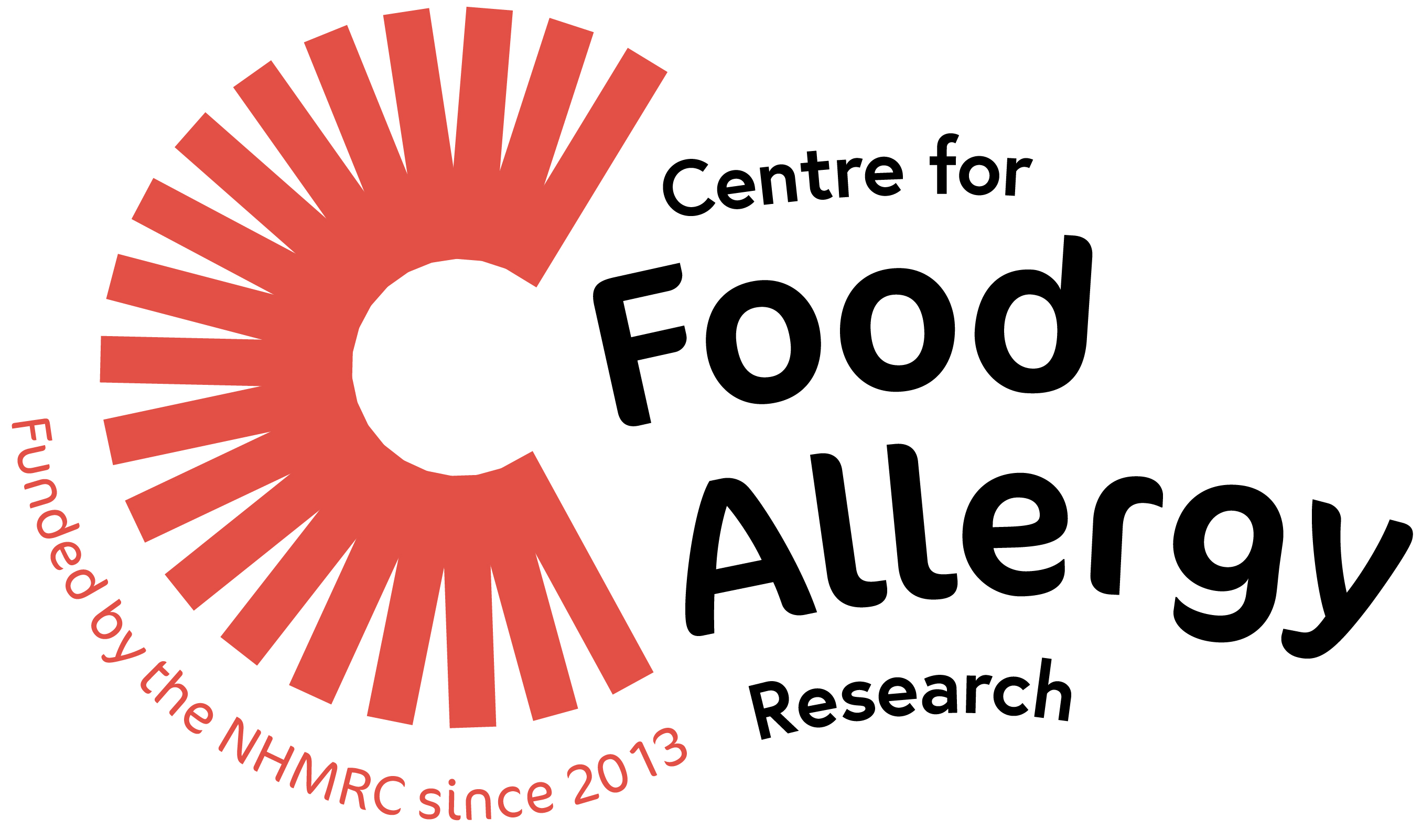Associate Professor Jennifer Koplin
National Allergy Centre of Excellence Evidence & Translation Pillar Lead
- Group Leader, Childhood Allergy & Epidemiology, Child Health Research Centre, the University of Queensland
- Honorary Fellow, Murdoch Children’s Research Institute
- Chief Investigator, Centre for Food Allergy Research
As NACE Evidence & Translation Pillar Lead, Associate Professor Jennifer Koplin will help establish and lead a series of living systematic reviews, and stakeholder roundtables encompassing drug, food, insect and respiratory allergy to seamlessly connect evidence and practice.
A renowned epidemiologist, her research focuses on prevention of childhood allergic disease. A/Prof Koplin completed her PhD at the University of Melbourne on the epidemiology of food allergy in infancy. She is Group Leader of the Childhood Allergy & Epidemiology Research Group at the Child Health Research Centre, University of Queensland, and is a Chief Investigator in the Centre for Food Allergy Research, hosted at the Murdoch Children's Research Institute.
A/Prof Koplin has more than 160 peer-reviewed publications in the area of allergic disease. She has led large NHMRC-funded population-based cohort studies including the EarlyNuts study and age 10 follow up of the HealthNuts cohort and is a Chief Investigator on the SchoolNuts and MACS cohort studies and the age 15 follow up of the HealthNuts cohort, as well as two large population-based allergy prevention trials (VITALITY and PrEggNuts) that aim to understand different aspects of food allergy and other allergies in childhood.
RECENT PUBLICATIONS
Timing of complementary feeding for early childhood allergy prevention: An overview of systematic reviews. Clinical & Experimental Allergy. Oct 2023
Out-of-hospital health care costs of childhood food allergy in Australia: a population-based longitudinal study. Pediatric Allergy & Immunology. Nov 2022.
Socioeconomic Determinants of Food Allergy Burden—A clinical introduction. Annals of Allergy Asthma & Immunology. Oct 2022
A pragmatic approach to infant feeding for food allergy prevention. Pediatric Allergy and Immunology. Sept 2022
The natural history of peanut and egg allergy in children up to age 6 years in the HealthNuts population-based longitudinal study. J Allergy Clin Immunol. Sept 2022.
Association Between Earlier Introduction of Peanut and Prevalence of Peanut Allergy in Infants in Australia. JAMA. Jul 2022
Infant feeding patterns before and after changes to food allergy prevention guidelines in Australia. The Medical Journal of Australia. Jun 2022
SELECTED STUDIES
KEY RESOURCES






